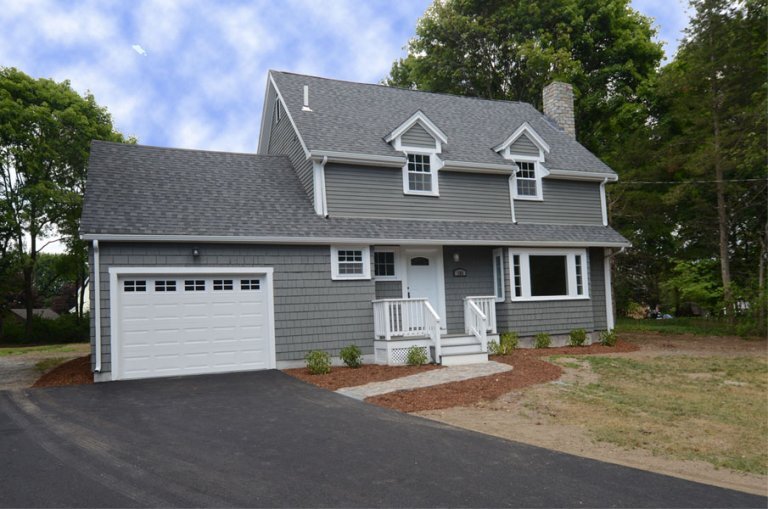
One of the best ways to prevent a foreclosure is to sell your house to a home investor. This helps pay off a mortgage fast. Though handling your mortgage this way still means losing the home, your credit isn’t as impacted, and you may even walk away with money to start over again.
Reputable home investors are perfectly positioned to help you. To understand why, you first need to understand the Massachusetts foreclosure process.
The Stages of Foreclosure
The Massachusetts foreclosure process moves very fast, and you have to move quickly too if you want to respond. If you don’t, it can take as little as 41 days for you to lose your home.
The first step is the receipt of a “Notice of Default” letter. This letter tells you that the loan is in default. The lender typically tries to call you or mail you to remind you of missed payments prior to sending this notice.
Your options at this point are to bring the loan current within 20 days, to look for a loan modification, or to declare bankruptcy. You can also start thinking about selling your house at this point. However, if you want to keep your house, consider a loan modification before taking any drastic steps.
In 20 days there will be a “Notice of Sale, Filed and Posted.” At this point, you are just about out of options. The home will be sold just 21 days after the receipt of this second notice. After the home sells, you can and will be evicted. The lender will also “accelerate” the loan, which means that the only way to stop the proceedings is to pay the whole thing off, not just the several months worth of unpaid payments that the lender will be asking for in the default letter.
Remember, allowing a foreclosure to proceed all the way to a sale and eviction will make it harder to find a new place to live. The foreclosure will be on your credit report, and when it comes to finding new housing that mark on your record can make things difficult.
Selling Your Home
If you decide to sell your home you’ll have two options.
The first option is a “short sale.” This means you’re going to sell the home for less than the amount owed on the mortgage. This is typically the last resort of people who are upside down in their homes; they may sell the home at market rate yet still end up with a balance that will have to be paid.
Your lender has to approve the short sale, and here’s where things get sticky. It can take them up to 120 days to make the decision. Unless they decide to halt the foreclosure proceedings you may not get an approval before your deadline. If you think you might want to do a short sale, start talking to your lender the moment you’re in trouble.
However, banks do move a little faster for a cash sale. Short sale approvals typically take time. In this case, a second lender offers a mortgage to someone else to buy the house. As home investors, we’ve presented banks with attractive terms in the past. This helps expedite approvals.
However, you don’t even have to go through this pain if you’ve got enough equity in the home. If you owe $70,000 on an $150,000 home, we may be able to offer you enough on an as-is cash sale. This helps pay off the rest of the mortgage. Additionally, it gives you some money for starting over. Depending on how much you owe you may have enough money to escape by the skin of your teeth, to put down a deposit or first month’s rent on a new apartment, to put a down payment on a new, more manageable mortgage, or even to purchase a small condo or townhouse for cash. Either way, you’ll be far better off than if you allow the foreclosure proceedings to take you all the way to an auction and an eviction.
How Fast? Real Fast.
The good news about selling your home as-is to investors like us is that we can get an offer to you very quickly. You’ll have an offer in your hands in as little as 24 hours. We can have the closing complete in a week. We even give you time for packing so you can move on to your next home.
Can you buy the home and sell it back to us?
Sadly, no.
If we helped you out with a fast short sale then you’ll be asked to sign an Arm’s Length Affidavit at closing. That’s a lender requirement. They don’t want you benefiting financially from the short sale. Attempting to remain in the home after a short sale is a form of mortgage fraud.
If you’re facing this scenario it’s best to look at this as a chance to downsize and realign your finances. A better, brighter financial future awaits. You have a chance to rebuild within your current means. Trying to hold on to a house for too long is one of the biggest mistakes we see homeowners make. If you get into financial trouble…don’t let this mistake trip you up.
Contact us for a free, no-risk quote within 24 hours.
Get a Quick Cash Offer | Call 508-247-0555

